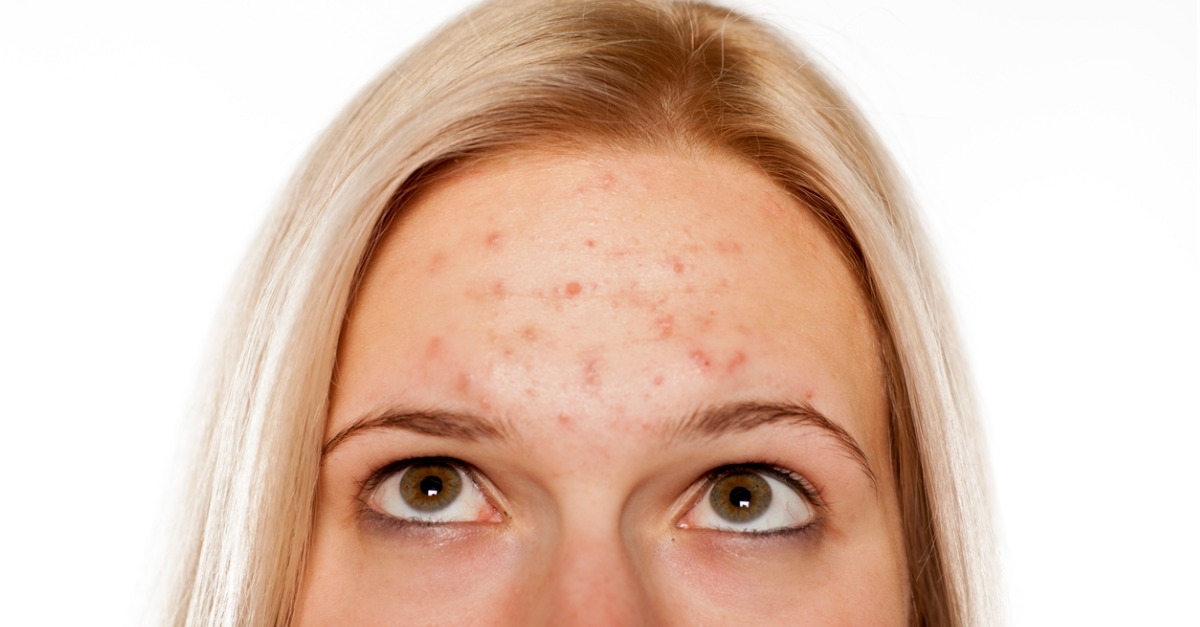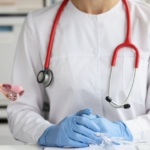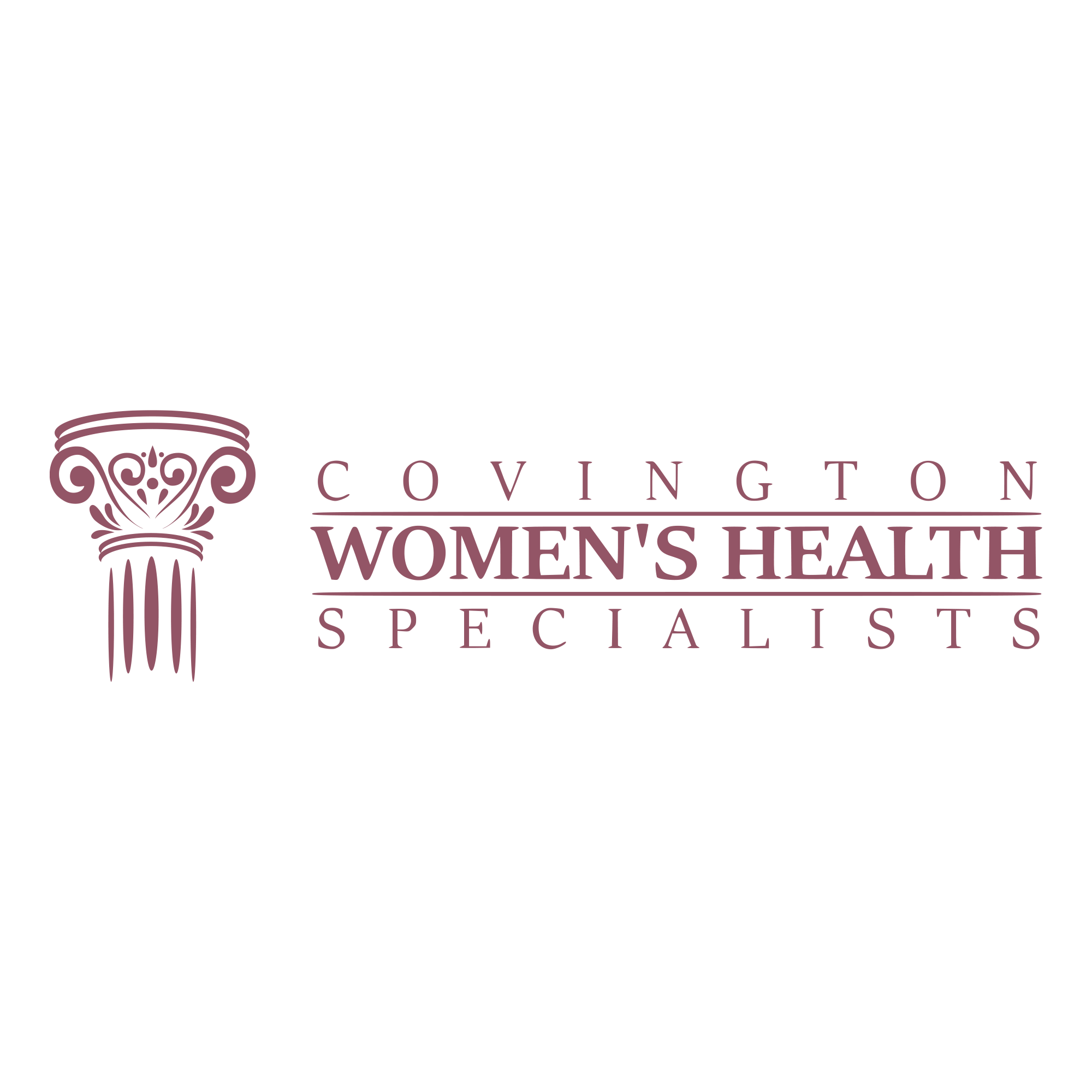What’s the Deal with Adult Acne?
Though raging teen hormones often come paired with raging teen skin problems, acne isn’t only for adolescents. In actuality, it’s the most common skin condition in the United States, and impacts as many as 50 million Americans each year.
Acne flare ups — regardless of your age — stem from blocked pores, inflammation, overactive oil glands, and the activity levels of the normal bacteria on your skin. Pregnancy and other normal hormone changes can also bolster your blemishes.
Here’s how to balance things for your skin — and your confidence.
Understanding Acne & Hormones
Changes in your hormone levels mean changes in a lot of things, including your skin. During pregnancy, menstruation, and menopause, fluctuations of estrogen, progesterone and testosterone can combine to create an influx of zits and pimples.
This is because when your hormone levels increase, your body can amp up production of sebum at the same time. This increase in sebum can elevate inflammation, affect skin cell turnover, and change how the bacteria in your hair follicles are acting — all contributors to acne.
Depending on what medications or antibiotics you’re taking, foods you’re eating, or general mental health, changing hormone levels may multiply acne, as well.
Cleansing & Moisturizing
While you’re working to regulate your hormones, keeping your skin clean will be one of the best ways to combat acne. A gentle cleanser twice daily is all you need to clear away dirt, bacteria, dead skin cells, or anything else that may be blocking your pores. Keep in mind that as aggressive as you may want to be against your acne, hot water and harsh cleansers that strip away moisture may make things worse. And though regularly using moisturizer when you have oily skin may seem illogical, not doing so may trigger an over-production of oil, further exacerbating the problem.
Other Medications May Help
Though YouTube is rife with sickening-while-somehow-satisfying pimple-popping videos, attempting to pop a pimple can lead to scarring or further infection. And dirt or bacteria from your fingers may also pollute your pores.
Clear and clean your skin safely instead by treating it with over-the-counter or prescription acne medications that have the following ingredients:
- Benzoyl peroxide to decrease bacteria
- Retinoids to reduce oiliness and unclog pores
- Salicylic acid to ease inflammation
- Complementary or natural products such as tea tree oil facial cream and soap may reduce and speed healing of pimples. Several studies have shown that facial tea tree oil products are as effective as benzoyl peroxide or salicylic acid for mild or moderate acne.
Though your gynecologist is often focused on parts of you below the neck, they can also help make recommendations when it comes to the best combination to control your acne.
Overall preventive wellness such as staying active, eating a nutritious and healthful diet, and enjoying regular sleep (on a clean pillowcase) will all help keep your hormones — and therefore your skin — in check. Talk to our award-winning team about how best to tend to your gynecological health inside and out. You can make an appointment by calling (770) 385-8954 or scheduling a visit with us online.








